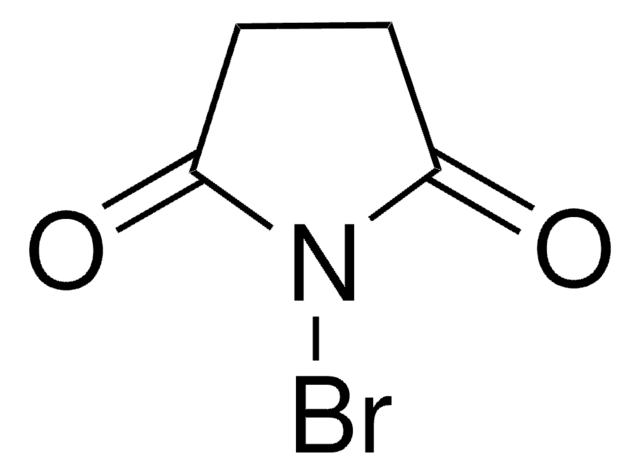306975
tert-Butyl methyl ether
anhydrous, 99.8%
Synonym(s):
MTBE, Methyl tert-butyl ether
About This Item
Recommended Products
grade
anhydrous
Quality Level
vapor density
3.1 (vs air)
vapor pressure
4.05 psi
Assay
99.8%
form
liquid
autoignition temp.
705 °F
expl. lim.
15.1 %
impurities
<0.003% water
<0.005% water (100 mL pkg)
evapn. residue
<0.0005%
refractive index
n20/D 1.369 (lit.)
bp
55-56 °C (lit.)
mp
-110 °C
density
0.74 g/mL at 25 °C (lit.)
SMILES string
COC(C)(C)C
InChI
1S/C5H12O/c1-5(2,3)6-4/h1-4H3
InChI key
BZLVMXJERCGZMT-UHFFFAOYSA-N
Looking for similar products? Visit Product Comparison Guide
Related Categories
General description
Application
Signal Word
Danger
Hazard Statements
Precautionary Statements
Hazard Classifications
Flam. Liq. 2 - Skin Irrit. 2
Storage Class Code
3 - Flammable liquids
WGK
WGK 1
Flash Point(F)
-18.4 °F - closed cup
Flash Point(C)
-28 °C - closed cup
Personal Protective Equipment
Choose from one of the most recent versions:
Already Own This Product?
Find documentation for the products that you have recently purchased in the Document Library.
Articles
Amide bonds are ubiquitous in both nature and industrial applications. They are vital to the structure and function of biological macromolecules and polymers. The importance of this functionality has resulted in numerous approaches to its formation, ranging from stoichiometric activation of carboxylic acids to more recent advances in catalytic amide bond formation.
Our team of scientists has experience in all areas of research including Life Science, Material Science, Chemical Synthesis, Chromatography, Analytical and many others.
Contact Technical Service








